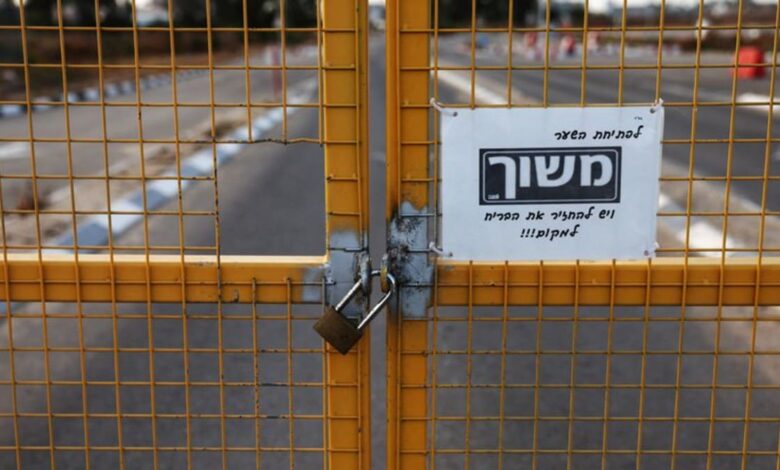Food bound for Gaza rots in the sun as Egypt’s Rafah crossing stays shut

ROTTEN EGGS
Since May 5, no trucks have crossed through Rafah and very few through the nearby Israeli crossing of Kerem Shalom, according to UN data.
The amount of aid waiting in Egypt’s northern Sinai had become very large, and some had been stuck for more than two months, said Khaled Zayed, head of the Egyptian Red Crescent in the area.
“Some aid packages require a certain temperature … We coordinate on this with specialists who are highly trained in the storage of food and medical supplies,” he said.
“We hope the border will reopen as soon as possible.”
KSrelief, a Saudi-funded charity, has more than 350 trucks carrying items including food and medical supplies waiting to pass through Rafah, but has had to offload flour because of the risk of it rotting, the group’s supervisor general Abdullah Al Rabeeah said.
“We pack and send but also we have to recheck. It is a big burden,” he told Reuters.
Some food has been sold at cut prices on the local market in northern Sinai, leading to the confiscation of stocks of rotten eggs, said local officials from Egypt’s ministry of supply.
Inside Gaza, there have also been scares about the quality of delayed food deliveries that made it in before Rafah closed, or through other crossings.
Palestinian medical and police officials who used to check goods coming into Gaza had been unable to do so during Israel’s offensive, said Ismail Al-Thawabta, director of the Hamas-run Gaza government media office.
“There is a big problem as many of the goods that enter the Gaza Strip are unfit for human use and are unhealthy,” he said.
“Therefore, the health ministry issued the warning statement to raise public awareness that people should examine the goods before eating them or sharing them with their families.”





